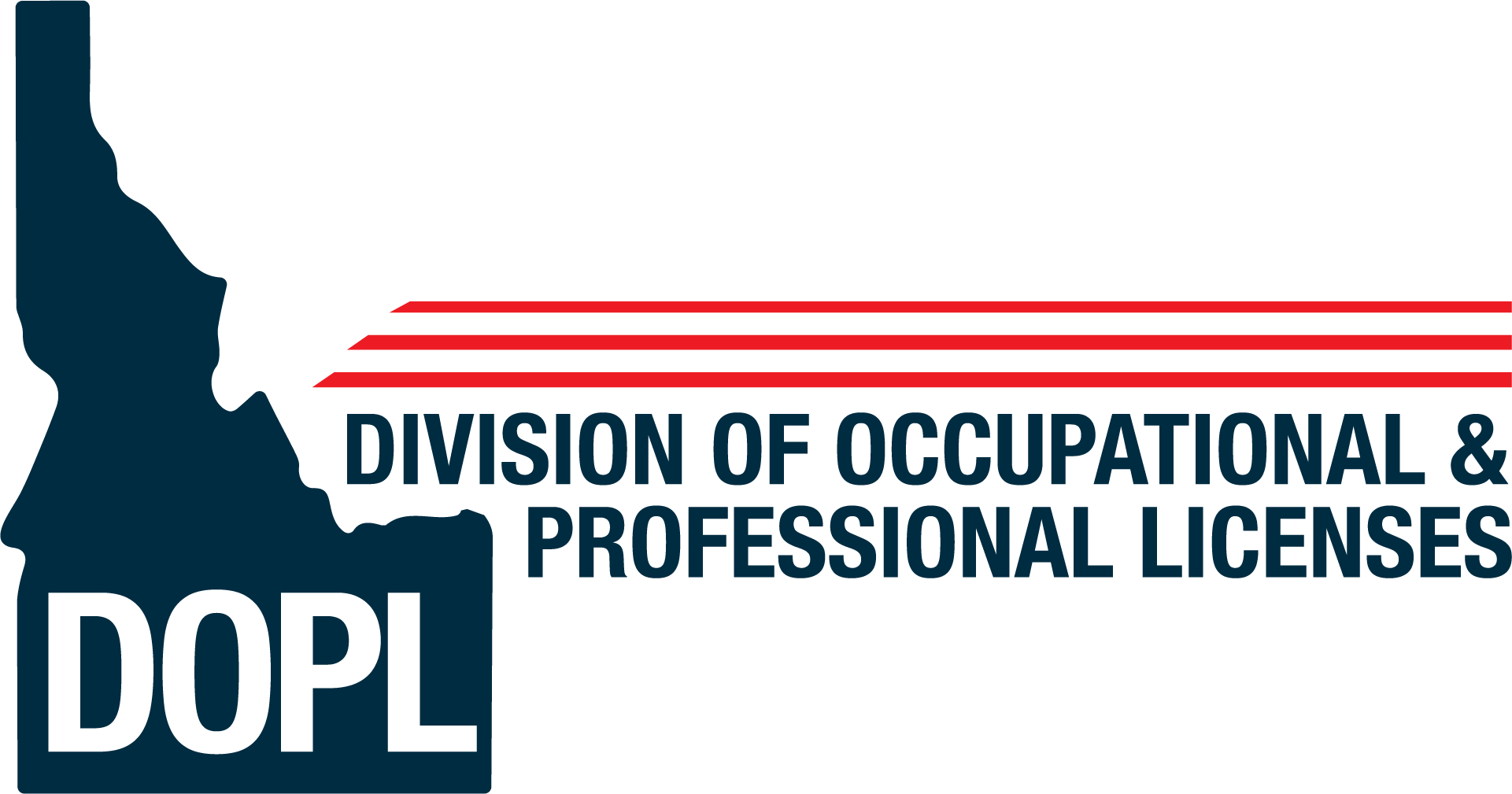Welcome to the Real Estate Commission
Log Into Your Account. Search for CE Classes.
For questions, please email irec-licensing@dopl.idaho.gov or call (208) 334-3233.
Additional Board Information
| Name | Position | Expiration | Original Appointment |
|---|---|---|---|
| Michael James Johnston | Member/Idaho Falls | July 1, 2026 | July 18, 2014 |
| L. Jill Stone | Member/Twin Falls | July 1, 2024 | September 1, 2016 |
| Martin M. Espil | Public Member | July 1, 2024 | July 18, 2017 |
| Elizabeth C Hume | Member/Boise | July 1, 2025 | March 15, 2022 |
| Jessica C Dahlinger | Member/Moscow | July 1, 2027 | February 28, 2024 |
| Name | Position | Expiration | Original Appointment |
|---|---|---|---|
| Chris Foulkrod | Member/Southeastern District | July 2027 | October 2023 |
| Debbie Lawrence | Vice Chair/Northern District | July 2026 | July 2022 |
| Carolyn Sinnard | Chair/Southwest District | July 2025 | July 2021 |
| Heidi Casdorph | Member/South Central District | July 2024 | July 2020 |
| Jill Stone | Commission Representative | July 2024 | July 2023 |
| MiChell Bird | Executive Officer, DOPL | N/A | N/A |
Education Council Information:
Association of License Law Officials (ARELLO) Timeshare Registry
Association of License Law Officials (ARELLO) National License Database
Consumer Financial Protection Bureau (CFPB)
Idaho Attorney General’s Office
National Association of REALTORS
Pearson VUE (License Exams & Fingerprinting)
Board News
- 11/1/2023 - License Base Report 2024
- 10/6/2023 - Commission Member Vacancy – Learn More and Apply
- 3/27/2023 - REC – Broker Bulletins Feb 27, 2023
- 7/14/2021 - REC – Broker Bulletins July 13, 2021
- 7/25/2018 - REC – Broker Bulletins July 24, 2018
Board Meeting Calendar
No event found!

